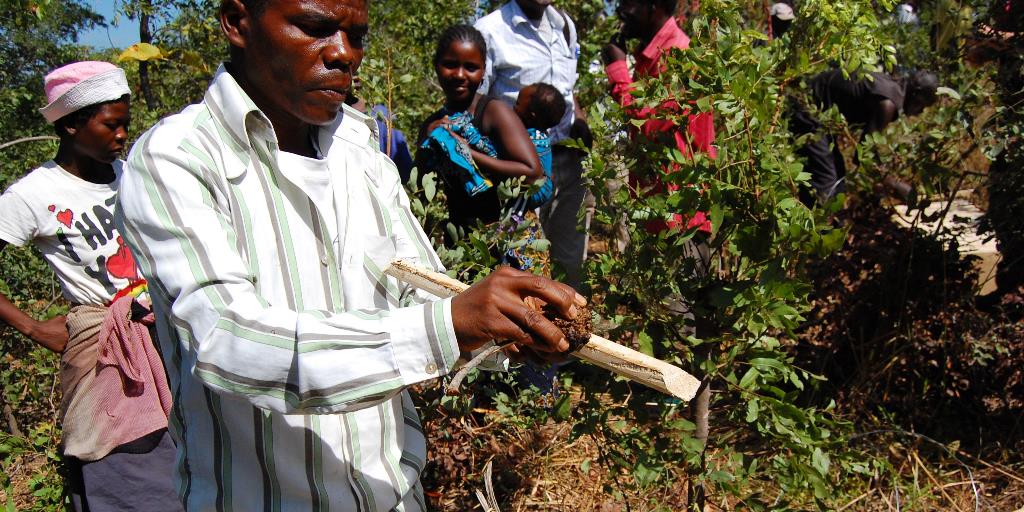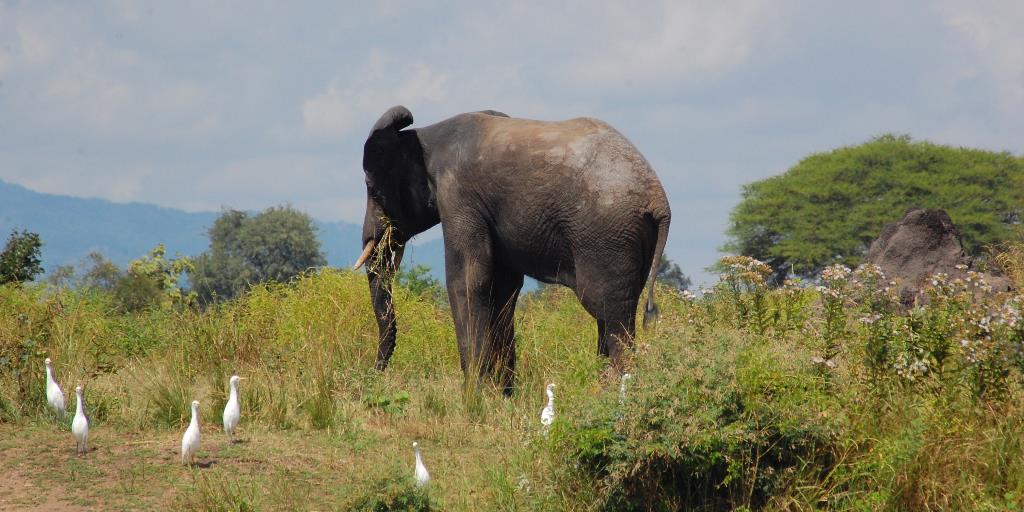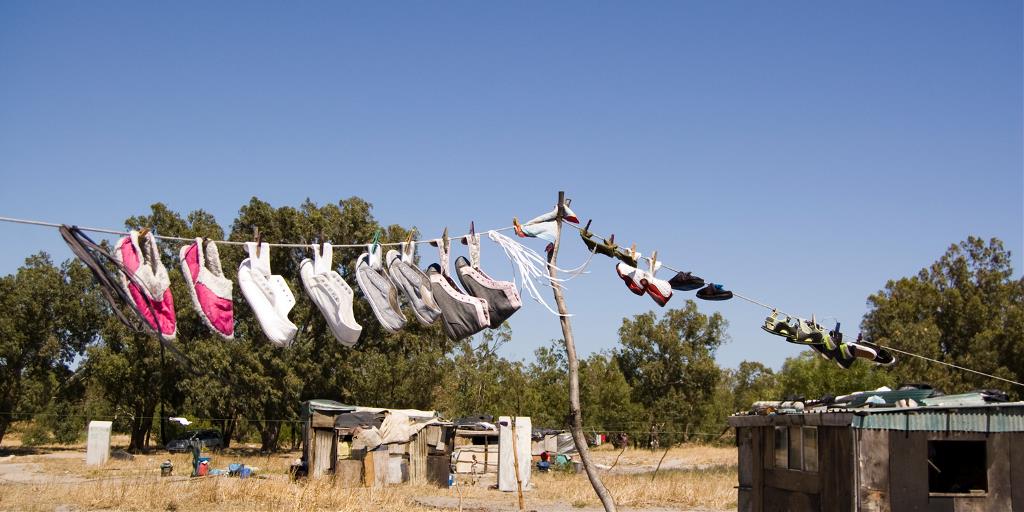The Mwana Alirenji Organic Farming Project, based in Malawi, uses organic approaches to establish food and income security across some of the poorest rural communities in Africa. Entirely supported by Hull-based family business William Jackson Food Group, which owns Abel & Cole, the project is part of the wider Malawian-run NGO Kusamala Institute of Agriculture and Ecology, which trains farmers to look after soil health, conserve water and diversify crops, reducing their dependence on synthetic fertilisers and building resilience into their farms and livelihoods.
Malawi Project

So far the Mwana Alirenji Project, working with William Jackson’s Cintia Martinez, has helped improve the lives of 5000 farmers in the Ntcheu District of Malawi, and every year the company offers employees from across the business the chance to visit the project and experience the songs, smiles and warm welcomes, and offer an extra pair of hands with some of the work.
Out of a population of 19 million, 11 million Malawians are ‘subsistence’ farmers, who grow enough to feed themselves and their families but not enough to trade. Attracted to the promise of high-yields, many of these farmers are now reliant on synthetic fertilisers, hybrid seeds and government subsidies, forcing them further into poverty, but the Kusamala Institute has worked tirelessly to break this cycle of dependence. As well as teaching to farm organically and offering technical assistance, the project also assists farmers with broader issues such as HIV education, nutrition and hygiene, tackling some of the wider issues that continue to hinder Malawi’s development.
This year Joss, Ed and Missiell from our team visited the Mwana Alirenji Project in the village of Mulanda, helping the locals build a new irrigation system, establish new seed beds and install bee-hives. Carrying sand, cementing valves and laying pipes were just some of the tasks they mucked in with, eventually turning on the pump gifted to the project and celebrating the first flow of water with the locals. From playing over-subscribed football and netball matches at the local school, sharing ‘nsima’ with the farmers at lunchtime (made from ground corn – think thick mash potato) to learning how to build local-style beehives, every day was a new experience for our volunteers.

Did you know? Sixty per cent of the project’s beneficiaries are women, who tend to be responsible for producing and preparing the food in their families. This is very common in rural communities - and important to bear in mind as women are often the first ones to reduce their own meals to feed children when times get tough.
Joss tells us “What was immediately striking was the welcoming warmth and joy emanating from the women. They sang and danced for us every day as they mark occasions in this manner. Of course, they wanted once from us in return - but as a group of Spanish, French, Polish, British and Filipino volunteers what song could we universally contribute? That all time classic, THE HOKEY COKEY! Forming an enormous ring with many of the Mulanda villagers was an experience none of us will forget. “
Ed continues “Visiting Malawi and seeing first-hand how the Mwana Alirenji project is establishing food security there was incredibly rewarding. I’ve never met such strong people, always smiling despite the desperate ordeals many of them have been through, and they really showed us the meaning of hard work. When you dig the dusty African soil with people you make friends for life, and I certainly came back to the UK with a few a re-calibrated values.“
“Being present in Mulanda village, making the most of what is available is truly inspirational and life-changing” Missi adds “We all came from different walks of life and have the same goal of living a better life. We’ve learned and shared something from every person we met. The project not only helps improve livelihood, it also instills the value of good stewardship, community spirit, connection to nature, laughter and resourcefulness. And most of all, the realisation that everyone has something to offer no matter how small it is. Even a simple smile can make a big difference. I am grateful for this experience and see life through different lenses.”

Fancy playing your part?
Here at Abel & Cole sustainability is at the heart of what we do, and we know our customers are a caring, resourceful bunch too. We’re all for recycling – but before that, it’s important we reuse first. With this in mind, we’re asking customers to have a de-clutter and donate any unneeded lightly-used children’s shoes to send to the communities we work with in Malawi. For practicality reasons, we only ask that these shoes are clean and in a usable condition. It’s a great second life for those outgrown school shoes ahead of September, too!
So, how do I donate?
That’s the spirit! Printed on this week’s newsletter inside your box you’ll find a tag. Simply pop your donation in a bag to protect from the elements with the tag clearly attached, and leave it with your empties in the usual place for your driver to collect the following week (you may also want to give us a call and let us know – just in case!). We’ll be collecting from the 12th until the 30th of August, where they’ll then be sent along to Malawi to find new homes where they can be useful. Make sure you get yours out in time!
What are we looking for?
Yes please!
Lightly worn, clean ,structurally sound children’s shoes. Got a few pairs to donate? Contact our Customer Team to let them know and we can make arrangements to collect them from you.
No thank you...
No thanks – Children’s shoes only please! Any shoes with holes, cracked soles beyond repair (or anything you wouldn’t use yourself). Any items of clothing or household bric-a-brac other than shoes.


